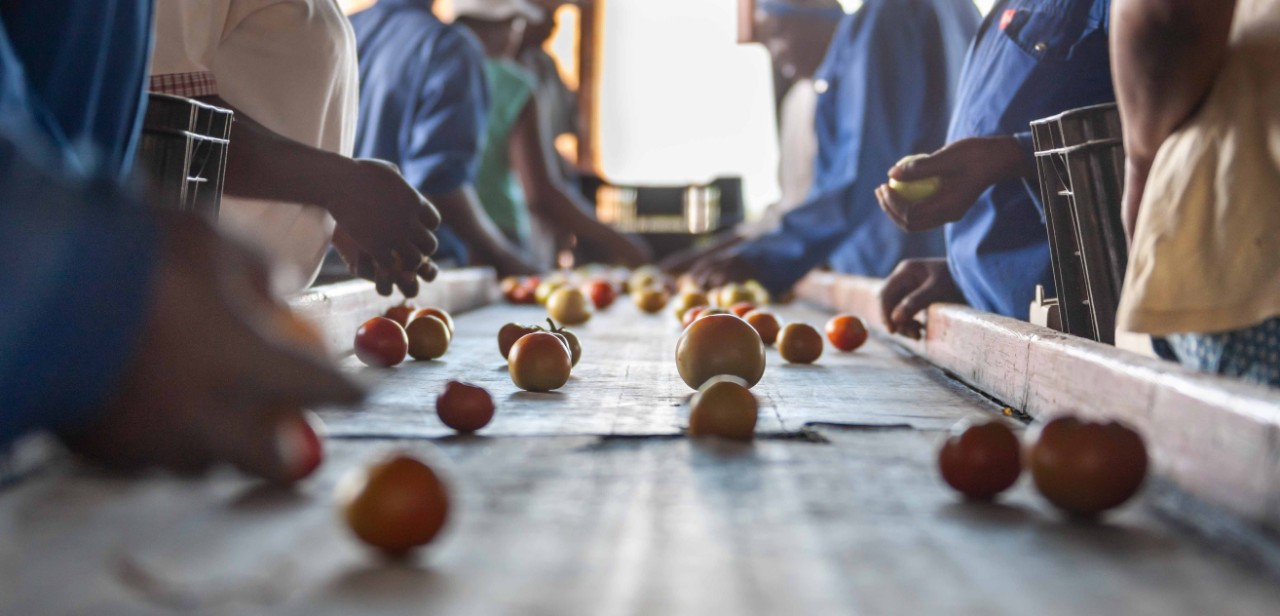
The first day of May was Labour Day around the world, so it’s a good time to take a look at the lot of the African worker.
It is not news that Africans are hardworking and that the typical African will do all they can to find work. For some, their work is fulfilling and rewarding, but for others it enables them just to survive. More often than not, these hardworking people work low-paying jobs, putting them in the category of the working poor.
Such work is one of the reasons that, according to the International Labour Organization, Africa has a relatively high labour force participation rate – 63% compared with the global average of about 60% – and a higher than average employment-to-population rate, but a large mass of working poor.
Large informal sector
Much employment in Africa is in the informal sector, which is large but with a marked disparity in size across the continent. The informal sector ranges from over 40% of the economy in southern Africa to over 90% in central, eastern and western Africa.
A large proportion of jobs in the informal sector are to be found in subsistence farming (agriculture accounts for half of the 500 million jobs on the continent), low value-adding activities and micro businesses, which provide for no more than subsistence. As a result, the continent’s relatively high employment rate has not translated into better standards of living for a large proportion of the population.

Wage growth has declined even though labour productivity has risen
Similarly, Africa’s GDP has grown consistently over the last decade, making it about the fastest-growing region on the globe. This growth is great but it has not translated into better welfare for workers. In more parts of the continent than not, it has benefitted business owners and the upper echelons of society, not the working class.
In fact, over the past few years, Africa has seen a decline in wage growth even as labour productivity has risen. Clearly, the gains from increased productivity have not been shared out equally, leading to high rates of working poverty on the continent.
Unproductive youth
Another worrying labour statistic in Africa is the not in education, employment or training (NEET) rate. In 2019, this rate stood at 21.5%, meaning that one in five Africans of school or working age is not engaged in anything productive.
This is bad for the continent, as unproductive youths grow into frustrated adults who may get involved in crime and become a drain on society. The high NEET rate has often been blamed for the insecurity around the Chad Basin, for example, as terrorists and criminal gangs find ready recruits among the uneducated, unskilled youth population.
One in five Africans of school or working age is not engaged in anything productive
In the light of all this, it is clear that policy intervention is needed. Gains from growth in productivity have to be distributed more equitably, and there must be concerted effort directed at reducing the proportion of workers who live in poverty.
Wage growth must reflect productivity growth. One way to set this in motion is to increase – and enforce – a minimum wage. Enforcement is necessary as many employers pay below the minimum.
Clear benefits
Managers of the continent’s economies must address the NEET rates in their countries. Programmes have to be put in place to ensure youths are engaged productively. Doing this will have the double benefit of increasing productivity and reducing insecurity.
Value addition would help lift millions out of poverty
Policy intervention is also needed in agriculture. Given the sector’s economic and employment predominance, ways must be found to improve value addition in farming so that Africa can earn more from its agricultural produce.
There has to be greater use of technology and provision of more capital so as to reduce the number of people engaged in subsistence farming. Value addition would ensure producers reap greater rewards from their labour, and help improve productivity further, lifting millions out of poverty.
Africa must ensure more of its working age population are engaged in rewarding work. And it must share the proceeds of its growth more equitably. That way, poverty will be reduced and standards of living raised.
